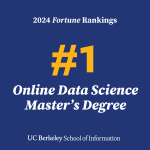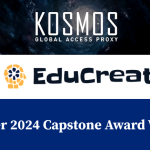From Financial Times
Can machines be more ‘truthful’ than humans?
By John Thornhill
It has been said that truth is singular while lies are plural, giving disinformation an unfair numerical advantage. But is truth really singular?
Nina Beguš is a lecturer at the I School. She specializes in artificial humanities.









